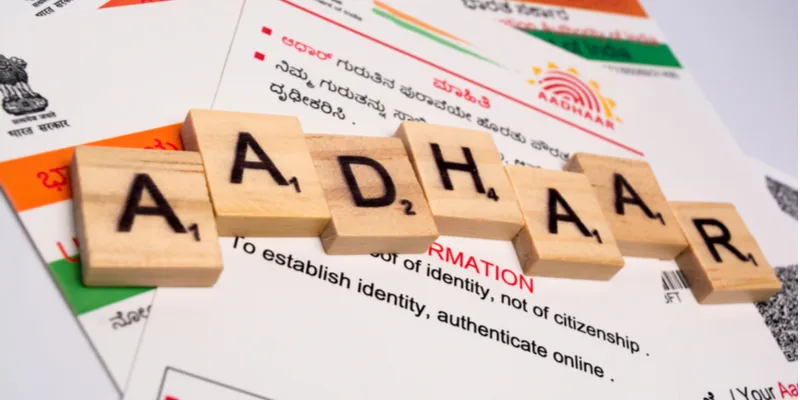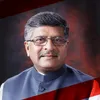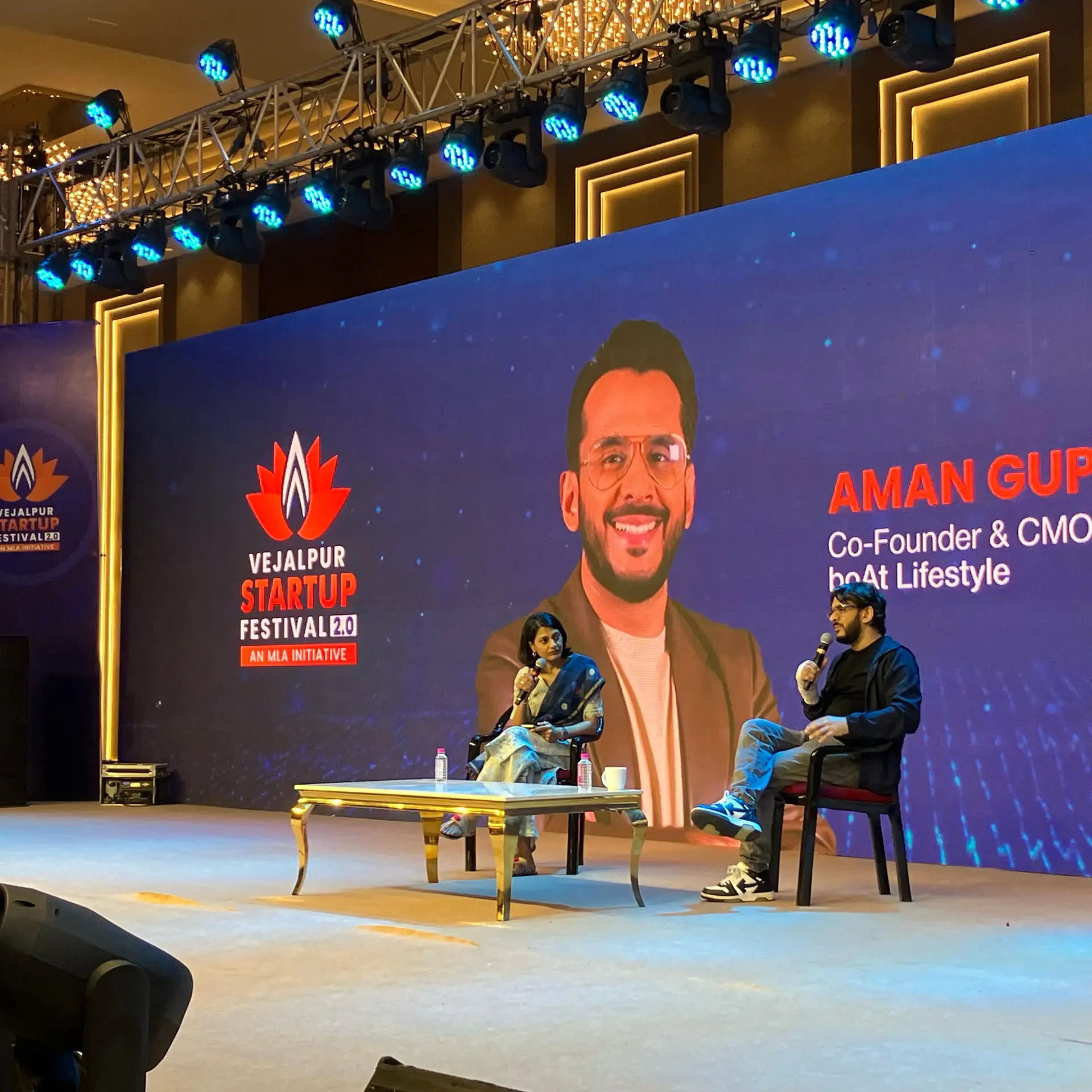Aadhaar ubiquitous, but updating details is the toughest part: Survey
A survey by Dalberg and Omidyar Network India reveals that 95 percent adults and 75 percent children have Aadhaar, and about 92 percent of people are satisfied with the unique identity number. However, 90 percent incorrectly believe that providing the number is mandated by law for bank accounts.
India's national biometric ID Aadhaar is becoming ubiquitous in India with 90 percent of people trusting their data is safe, but updating it is the hardest part, according to to a survey.
According to a report by advisory group Dalberg and investment firm Omidyar Network India, 95 percent adults and 75 percent children have Aadhaar. "A notable minority" of 28 million adults, mostly in Assam and Meghalaya where enrolment has been slow due to questions about legal residency among others, still do not have Aadhaar.
"Updating is the hardest part of the Aadhaar process. One in five people who tried to update their Aadhaar did not succeed. Four percent of Aadhaar cards currently have errors," the survey said.

The report, titled State of Aadhaar 2019, said 90 percent of people incorrectly believe that providing the unique identity number is mandated by law for bank accounts.
"The study reveals how people experience Aadhaar, a universal identity programme for all residents in India; how they get it, update it, and use it across various public and private services, as well as their broader sentiments and trust in its use. Additionally, the data shows which aspects of Aadhaar are working and which are not," it said.
Most Indians use Aadhaar once a month on average, with a majority experiencing better delivery of services.
The survey, based on two national household surveys covering more than 1.4 lakh residents, found that 80 percent of recipients of state benefits felt that Aadhaar has made rations given through public distribution, guaranteed rural jobs, and social pensions more reliable.
It also said using Aadhaar, residents were 40 percent more likely to obtain a new SIM card within one day, compared to using other forms of identification.
However, problems with Aadhaar can lead to denial of welfare services, and at times exclusion from welfare schemes, the report has warned.
As much as "0.8 percent of people experienced exclusion due to Aadhaar-related reasons from a key welfare service (PDS ration, MGNREGS, social pensions) that they had earlier received (versus 3.3 percent due to non-Aadhaar factors)," it said, adding Aadhaar supported inclusion as 49 percent of people used Aadhaar to access one or more services like food rations, bank accounts, and social pensions for the first time.
Aadhaar-related issues
For 8 per cent of people, Aadhaar was their first-ever ID. One in hundred among MGNREGS job card holders did not get work the last time they tried due to Aadhaar-related issues and 0.5 percent of social pension beneficiaries did not receive their pension the last time they expected it due to problems with Aadhaar.
But, far more people were denied these services for reasons unrelated to Aadhaar.
The report said an estimated 102 million people still do not have Aadhaar. Amongst vulnerable groups, 30 percent of homeless and 27 percent of third gender residents, do not have Aadhaar.
Also, 90 percent of residents in Assam and 61 percent of residents in Meghalaya do not have Aadhaar.
"Despite the Supreme Court ruling, many people find Aadhaar to be de facto mandatory for bank accounts, SIM cards, and school enrolment. More than half of those who used Aadhaar to get a SIM card or bank account said the service provider accepted only Aadhaar for identification purposes. About 0.5 percent of 6 to 14-year-olds could not enrol in school due to Aadhaar-related reasons," it said.
Most people appreciate Aadhaar's universal acceptance, but some have concerns. "Seventy two percent appreciate that it is a convenient, universal ID; nearly half of those also worry about linking it to too many services."
Banking on Aadhaar
The survey said most residents are satisfied and trust Aadhaar. About 92 percent of people are satisfied with Aadhaar and 67 percent of people who have been excluded from a service due to problems with Aadhaar still say they are satisfied.
"Ninety percent say it keeps their data safe, while 61 per cent say it prevents others from accessing their benefits. Eight percent worry about its misuse."
Newer digital features are yet to be embraced, with 77 percent never using features such as mAadhaar, QR code, virtual Aadhaar, or masked Aadhaar. Only 39 percent of residents have the correct mobile phone number linked to their Aadhaar.
"The research is not an attempt to adjudicate the ultimate merits of Aadhaar. It is about taking residents' perspectives into account to help better design and implement Aadhaar. We believe Aadhaar's success will ultimately depend on how well the programme can learn from the experiences and concerns of those who use or are not yet able to use Aadhaar in their daily lives," said Gaurav Gupta, Dalberg's Partner and Asia Regional Director.
Roopa Kudva, Managing Director of Omidyar Network India, which funded the research and the report, said, "We believe that technology, used responsibly, is a powerful force for inclusion. We actively support high quality research as a vital component of system-level impact to help creation and continuous improvement of technology solutions for inclusion."
"As the report shows, Aadhaar has been a game-changer, touching nearly 1.2 billion people and is a significant feature in their lives. It has enabled inclusion for India's most vulnerable; at the same time the main unfinished agenda lies with this very segment. The rich dataset underlying this large survey is being made public, for the benefit of all stakeholders," Roopa said.
(Edited by Teja Lele Desai)




![[YS Exclusive] Nandan Nilekani on how Aadhaar, UPI, account aggregator can be India’s big contr...](https://images.yourstory.com/cs/2/01f48b20d5e911e899be731e1ddbc52d/WhatsAppImage20190919at5156889473663735?fm=png&auto=format&h=100&w=100&crop=entropy&fit=crop)





